Dhaka, August 9 (V7N) — The newly announced Jahangirnagar University unit of Chatra Dal has come under heavy scrutiny following the inclusion of controversial figures, including murder suspects, individuals linked to rival student political groups, and those previously expelled for criminal activity.
A press release issued on Friday, signed by the central office secretary Jahangir Alam, announced a 370-member extended committee along with two additional officials. On the same day, a separate notice signed by the unit’s convener and member secretary introduced 88 new members for 17 student halls and one faculty, with a directive to form full-fledged hall committees within 15 days.
Among those named in the new structure are three individuals accused in the murder case of Shamim Molla, a former leader of the banned Chatra League faction on campus, who was killed on September 18, 2024. The accused — Hamidullah Salman, Raju Ahmed, and Mohammad Rajon Mia — were previously suspended for six months by the university administration and were named in the formal police complaint filed on September 20, 2024. Despite their legal status as fugitives, all three have now received leadership positions within Chatra Dal’s new committees.
Hamidullah Salman has been appointed president of the Rabindranath Tagore Hall committee and is also part of the extended committee. Raju Ahmed now serves as joint convener, while Mohammad Rajon Mia has been listed as a regular member.
According to the Police Bureau of Investigation (PBI), only three of the accused in the Shamim Molla murder case have been apprehended so far. Two were arrested in late September 2024 — Mohammad Mahmudul Hasan Rayhan and Saiful Islam Bhuiyan — while another suspect, Atik, surrendered to the court. The remaining suspects, including the three newly appointed committee members, remain at large.
When questioned about possible political interference in the investigation, PBI Superintendent of Police for Dhaka District, Kudrat-e-Khuda, stated, “No political pressure has affected our investigation. It remains ongoing, and no leniency will be shown.”
Despite earlier statements from central Chatra Dal denying links between the accused and the organization, the inclusion of these individuals has reignited concerns about political patronage and ethical standards.
When approached for comment, Chatra Dal’s central general secretary Nasir Uddin Nasir declined to respond directly, instead referring reporters to the university unit leadership.
In defense of the appointments, unit convener Zahiduddin Babor stated, “These individuals have made long-term sacrifices and contributions. Their dedication has been acknowledged through these positions.”
Controversy also surrounds other appointees. Kazi Mausumi Afroze, now president of the Rokeya Hall committee, was previously active in Chatra League activities. Similarly, Sabrina Sultana Suravi (general secretary, Fazilatunnesa Hall), Firoz Ahmed Rimon (general secretary, Hall 21), and Saidur Rahman Shimanto (vice president, Hall 21) were reportedly involved in Chatra League programs. Saidul Islam, appointed president of Salam-Barkat Hall, formerly served as cultural secretary of the Jahangirnagar unit of the Bangladesh Students’ Union.
Further scrutiny reveals that joint convener Shakur Bappi had prior involvement with Chatra League. Shimon Hossain and Satirtha Biswas Badhan, both previously suspended for drug-related misconduct on December 31, were also included. Another member, Imran Najiz, was expelled for snatching a mobile phone from a school student on March 29, 2024, yet has also been granted committee membership.
When asked about these selections, unit convener Zahiduddin Babor admitted that despite careful screening, some controversial individuals may have been included. “If credible evidence is found against any member, we will take appropriate organizational measures,” he added.
The appointment of individuals with criminal records or past involvement in rival political organizations has sparked criticism from students and political observers. Many argue that such decisions undermine the integrity of student politics and compromise campus safety.
University authorities have yet to issue an official response.
END/MMS/SMA/



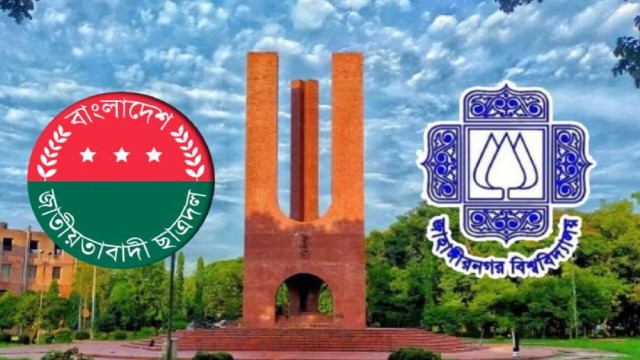
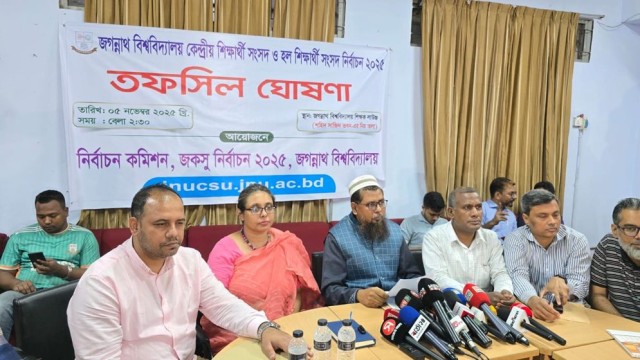
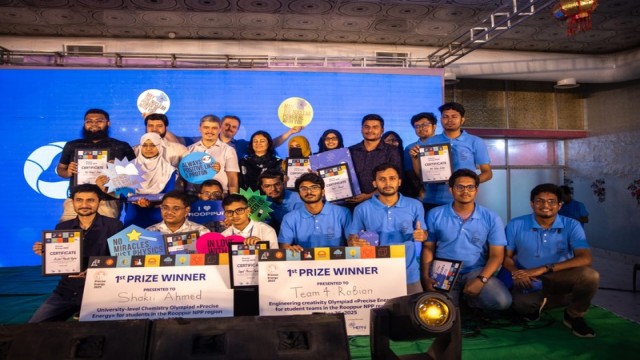

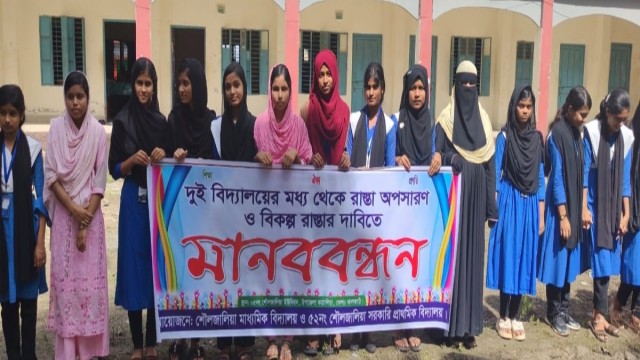
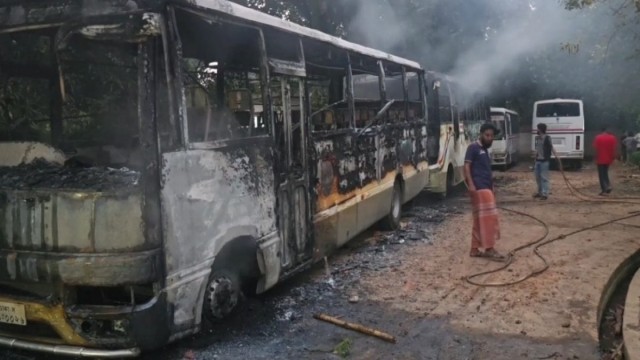
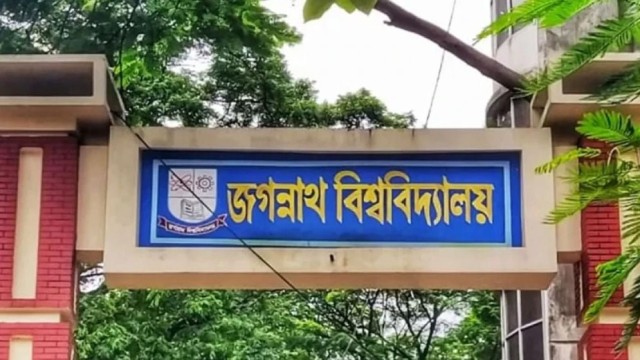
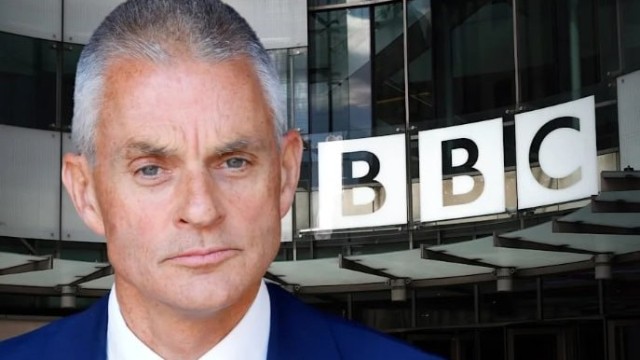
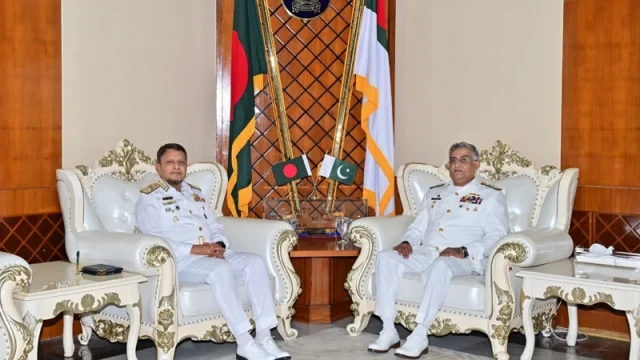
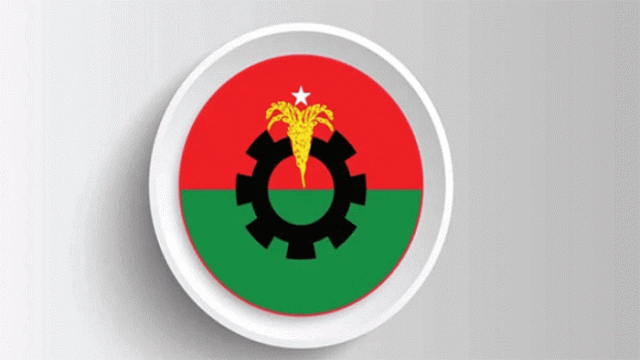

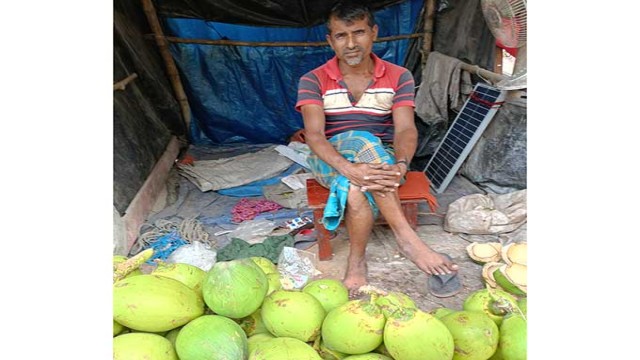
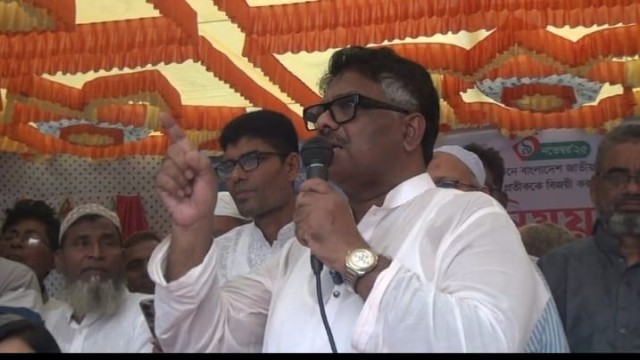
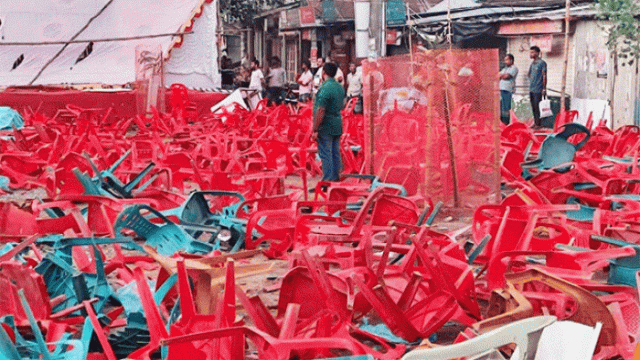
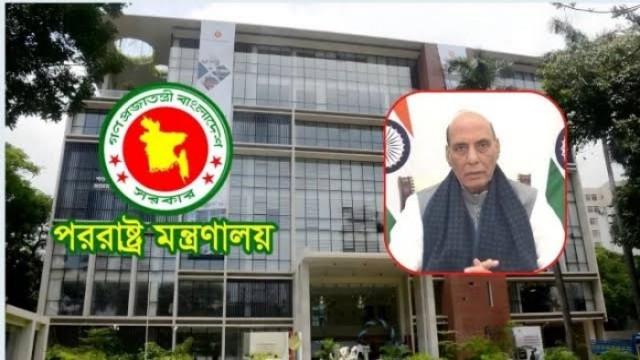
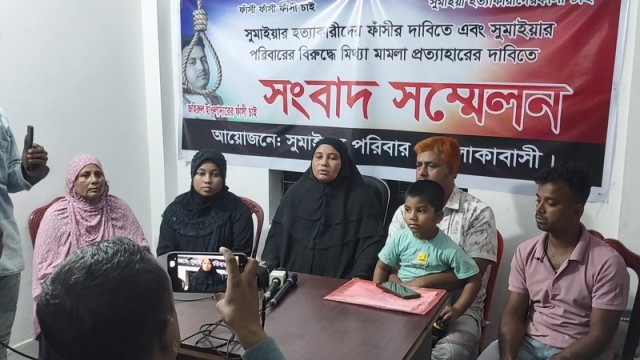
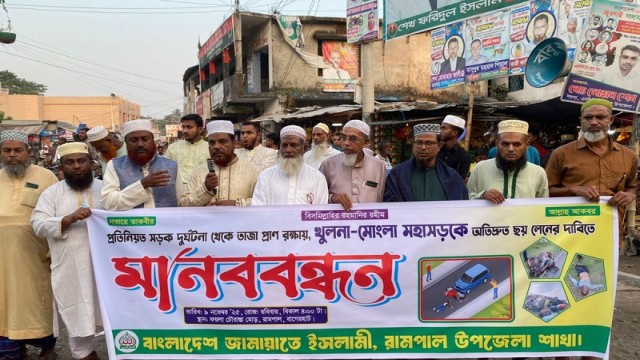

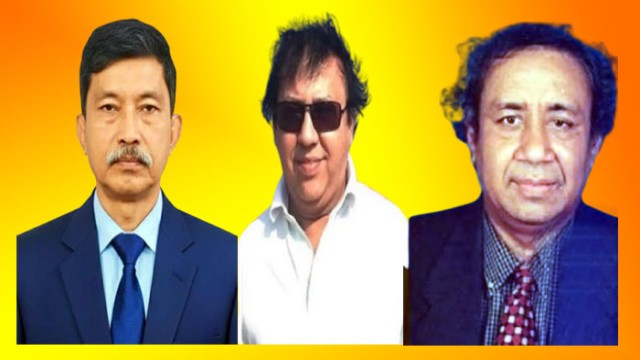
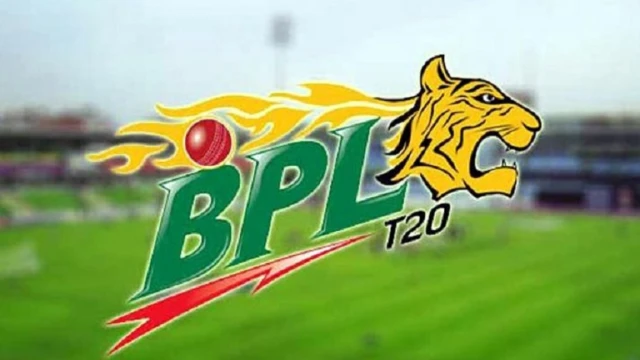
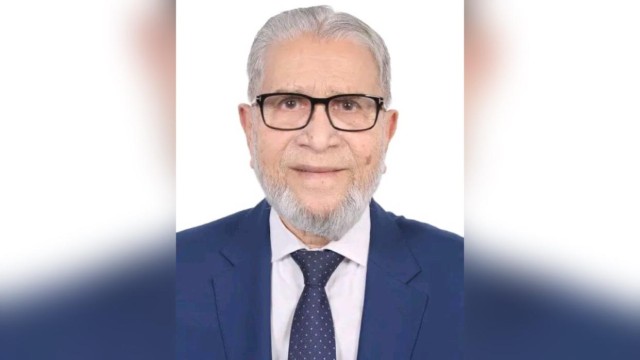
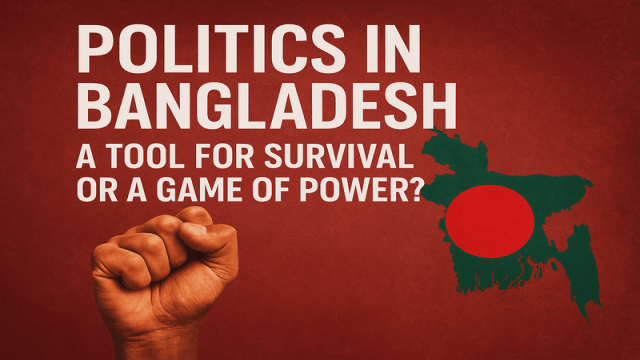
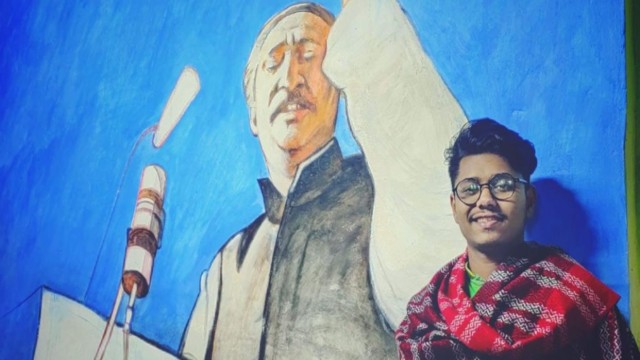
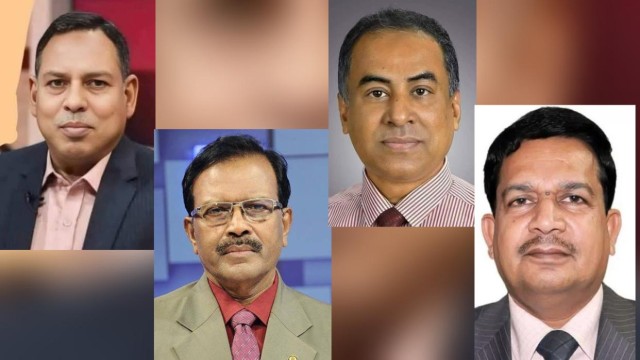
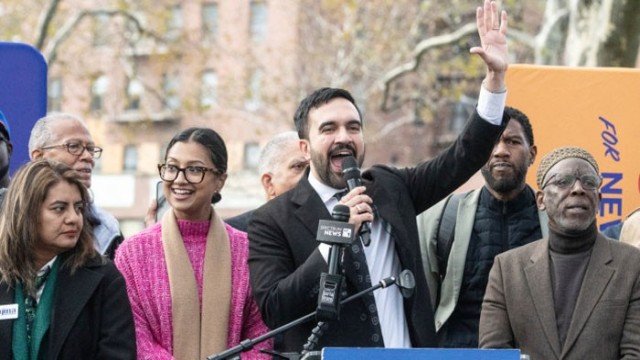
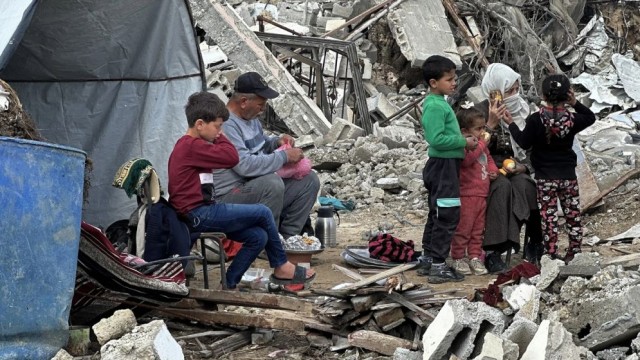
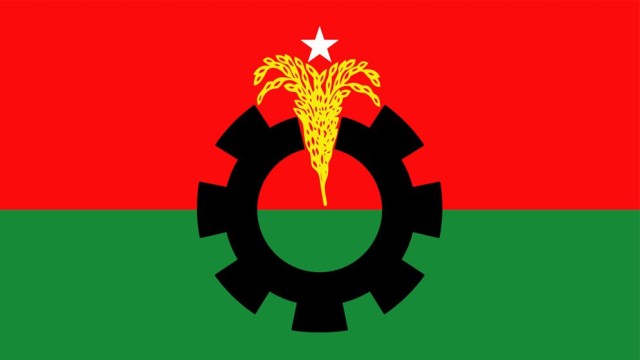
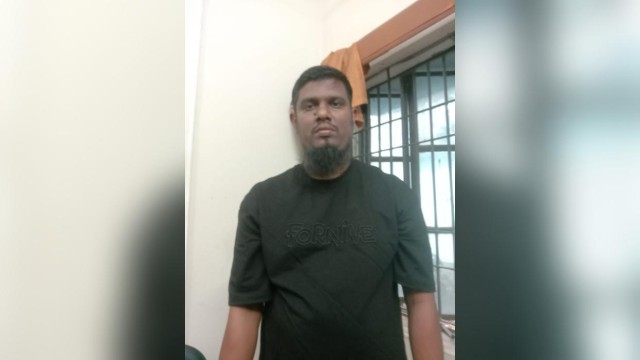
Comment: